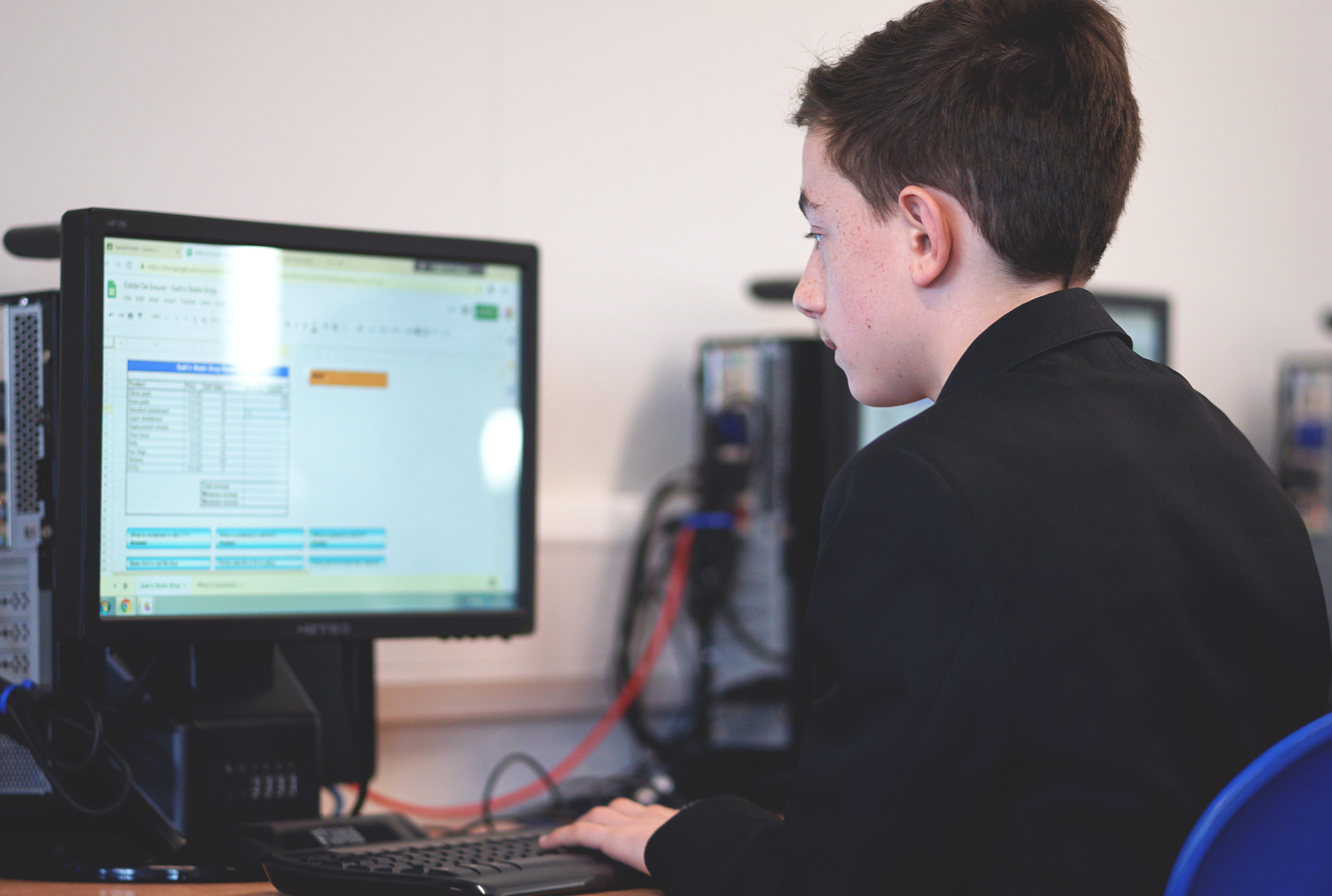In order to develop a more strategic approach across Education and Social Care, local authorities have been tasked by the DfE with extending the support of the Virtual School to cover all children aged 0 – 18 who have, or have had, a social worker (CWSW). It is envisaged that:
Using their knowledge and expertise from promoting the educational outcomes of looked-after and previously looked-after children, Virtual School Heads will become the strategic leader who champions the educational attendance, attainment and progress of children with a social worker.
Promoting the Education of Children with a Social Worker, June 2021
The guidance will be reviewed by the end of March 2022 but it is anticipated that the DfE will make it a permanent duty.
Janet Cassford, Head of Aspire Virtual School, and Mike McKeaveney, Head of School Performance and Partnerships at LBBD, have commissioned BDSIP to conduct the initial analysis and stakeholder engagement that will inform the strategic direction of this project. This work is being led by Lee Boyce, Principal Adviser for Education and Inclusion, and Kate Gooding, Senior School Improvement Adviser.
Actions to date:
- We have had provisional conversations with key staff in social care, some head teachers and BDSIP Attendance Advisers to explore what information is available for this cohort, the understanding of their needs and what provision is available
- We have secured data for the current cohort and 2019 cohort of children and young people.
- We have attended the pan-London CWSW Network meetings to share best practice.
Implications for Schools
With the support of Simon Davies, School Performance and MIS Support Manager at BDSIP, our current priority is to compile a data set for all CWSW to include:
- outcomes data (EYFS to KS4)
- exclusions
- attendance
- schools attended
- SEND
- EAL
- PPG/Ever-FSM
Following analysis of the data set, we have three key actions:
Action 1
In collaboration with school leaders, build case studies around individual learners to identify best practice and highlight learning opportunities for professionals.
Action 2
Facilitate discussions with social workers and schools to inform a strategic approach in ‘what works’ to promote best educational outcomes for CWSW in Barking and Dagenham.
Action 3
Identify any trends that might warrant greater intervention or support in specific locations in the borough.
We are keen to develop a strategy for this project in collaboration with school leaders so welcome your thoughts and feedback. For further information or to share your comments, please contact:

